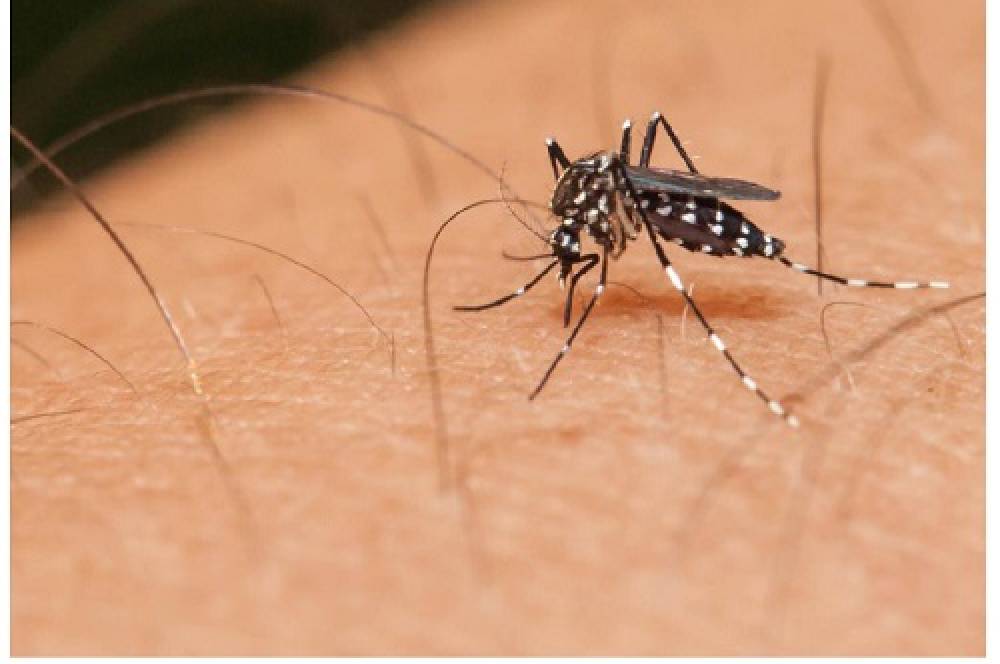TRUPCR® Dengue Detection kit is in-vitro nucleic acid amplification assay for the qualitative detection of Dengue virus RNA in human serum or plasma (EDTA) from infected individual specimens using Real Time PCR system. This kit is based on amplification of highly conserved region of the Dengue virus genome to detect all four serotypes of Dengue virus (DNEV1, DENV2, DENV3 and DENV4). TRUPCR® Dengue Detection kit is a one step real time reverse transcription PCR assay in which RNA templates are first reverse transcribed to generate complementary cDNA strands followed by DNA polymerase-mediated cDNA amplification. In this kit there are two independent reactions are running in parallel in single tube, the first detects Dengue virus RNA in FAM channel and second detects endogenous internal control (IC) in Tex Red/ROX/Orange channel which allows excluding unreliable results.
Key Features:
- Takes advantage of the “hot start” technology to minimizing non-specific reactions and assuring maximum sensitivity & specificity.
- One-step detection using RNA as template, hence rapid and extremely accurate tests
- Detects all four serotypes (DEN1, DEN2, DEN3 and DEN4) of Dengue virus
- Well validated across large number of clinical samples to yield reliable results
- No cross-reactivity with other pathogenic virus, bacteria or fungi.
- Endogenous internal control is incorporated in the kit to keep a check on PCR as well as
extraction - Easy work flow & compatible with various Real Time PCR instruments allowing higher
adaptibility

Ordering Information:
| CAT. NO. | PRODUCT | CONTENTS |
|---|---|---|
| 3B266 | TRUPCR® Dengue Detection Kit | 48 Reactions |
| 3B267 | TRUPCR® Dengue Detection Kit | 96 Reactions |
Publications :
- Somoori, S. K., et al. "Comparison of Dengue NS1 Antigen ICT, NS1 ELISA & RTPCR among the Patients Having< 5 Days of Dengue like Fever." European Journal of Molecular and Clinical Medicine (2023): 4750-4754.
- Rahim, Rummana, et al. "Genetic Analysis of Dengue Virus in Severe and Non-Severe Cases in Dhaka, Bangladesh, in 2018–2022." Viruses 15.5 (2023): 1144.
